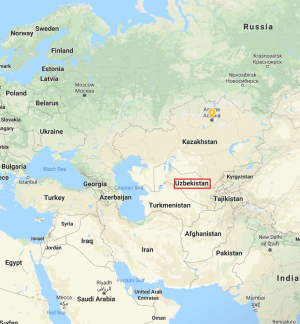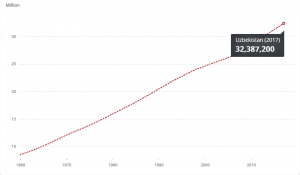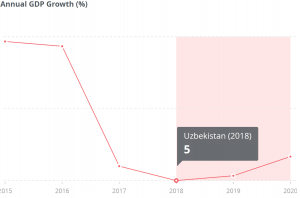This Central Asian Nation Aims To Become “the Next Malta” for Crypto
Uzbekistan’s latest batch of pro-cryptocurrency measures will help the country build on a local market worth USD 700,000, per a media report. Russian news agency Pravda has predicted “rapid growth” for Uzbekistan in the “near future” after presidential decrees legalized tax-free transactions from Uzbek cryptocurrency exchanges.


Pravda says the move is bound to “develop [the cryptocurrency and blockchain technology] sector and attract new investors to Uzbekistan.”
The decrees allow for overseas exchanges to set up shop in Uzbekistan on the proviso that they can prove they keep around USD 3.7 million worth of funds in a state-backed commercial bank in the country, and requires exchanges to keep their servers in Uzbekistan. Overseas exchanges based in Tashkent, the capital of the country, would also be subject to regulation by Uzbek financial agencies.
However, Pravda does not think this will be enough to deter investors and overseas cryptocurrency exchanges, as the Central Asian nation makes a bid to become what many media outlets in the CIS are calling “the next Malta.”
Per media outlet Kyunghyang, the Uzbek government is also set to legalize initial coin offerings (ICOs), and will create a mining and blockchain technology R&D center, a government-backed cryptocurrency bank and a blockchain department at the country’s National University.
Earlier this year DW reported that two state-owned energy providers, Uzbekenergo and Uzbekhydroenergo, had submitted cryptocurrency mining proposals to the government. The moves could see the providers embark on an ambitious mining pilot that – if implemented – could prove particularly lucrative for the country, where energy prices are famously low.
The state has also sought to launch a licensed exchange, and last week concluded an agreement with Lee Chang-yong, the CEO of South Korean blockchain firm KOBEA. The latter will act in a “technical advisory” capacity to the Uzbek government, states South Korean media outlet Asiae.
____
Uzbekistan population:

___





